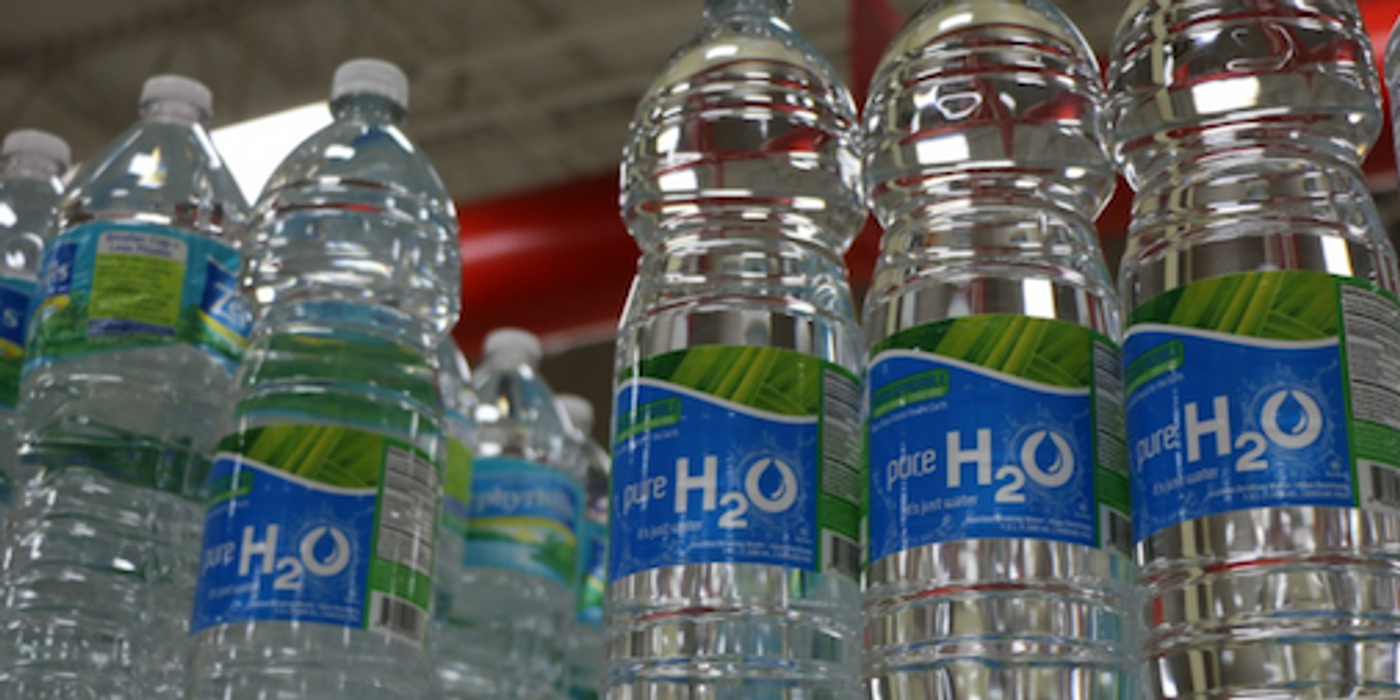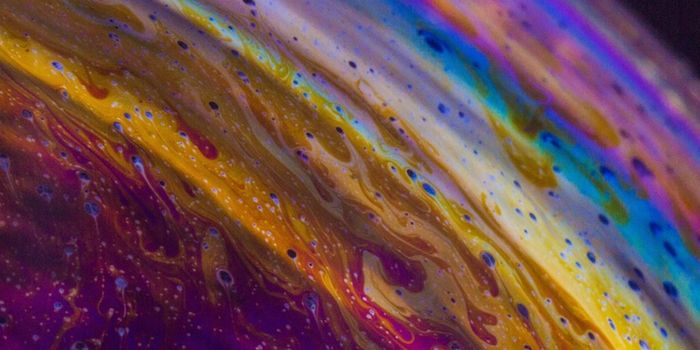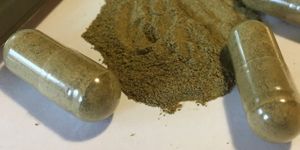FDA Declares BPA Safe, Sparking Concern Among Scientists
A chemical commonly found in the linings of food cans and plastics, bisphenol A or BPA, has raised many concerns over the past decade. There has been a considerable amount of study on the compound, which can leach out of plastics and into food, where it is then consumed by millions of people. BPA has been found to mimic the hormone estrogen, and has been connected to many adverse health effects, including but not limited to the development of some cancers and diabetes.
Because so many Americans are exposed to BPA, with some assessments finding it in 93% of urine samples that were assessed, there has been serious interest in determining how risky it could be. That process began around 2007, and the Food and Drug Administration (FDA) found it to be acceptable for use in consumer products. When members of Congress dug into those findings, they revealed that industry studies had been used to prop up the claim that the chemical was harmless to consumers. The FDA had dismissed other, opposing results from peer-reviewed studies because they did not agree with the methodology that generated that data.
But evidence continued to pile up over the next few years that BPA did indeed cause harm. Subcommittees that addressed the FDA's findings found that they should reevaluate their conclusions. As of 2014, there were over 100 studies that had linked BPA to problems in human health.
In an effort to reconcile these disparate viewpoints, the FDA started a project, Consortium Linking Academic and Regulatory Insights on BPA Toxicity or CLARITY-BPA. Both academic, hypothesis-based studies were to be considered along with typical safety testing procedures.
Using rats as their model, scientists exposed animals to BPA both during gestation and after they were born. The researchers then assessed weight, growth, and tumor development in the animals, and found that BPA did not have a significant effect on any of those things, in rats. The variations that were observed were thought to be in what is considered a normal range, the scientists concluded. One group of rodents did have mammary gland tumors, however. These findings have also not been reviewed by other scientists.
The FDA plans to continue this work and potentially release a conclusion next year, although it this study is already being touted as evidence that BPA is fine to consume.
The Endocrine Society has expressed concern. "It is premature to draw conclusions based on the release of one component of a two-part report," said Endocrine Society spokesperson Laura N. Vandenberg, Ph.D. "The National Toxicology Program draft report released Friday included the results of one government study with a partial data set and has yet to undergo peer review."
We may just be lucky that pressure from consumer groups has already led many manufacturers to stop using BPA.
Sources: FDA, NPR, Endocrine Society, Union of Concerned Scientists









